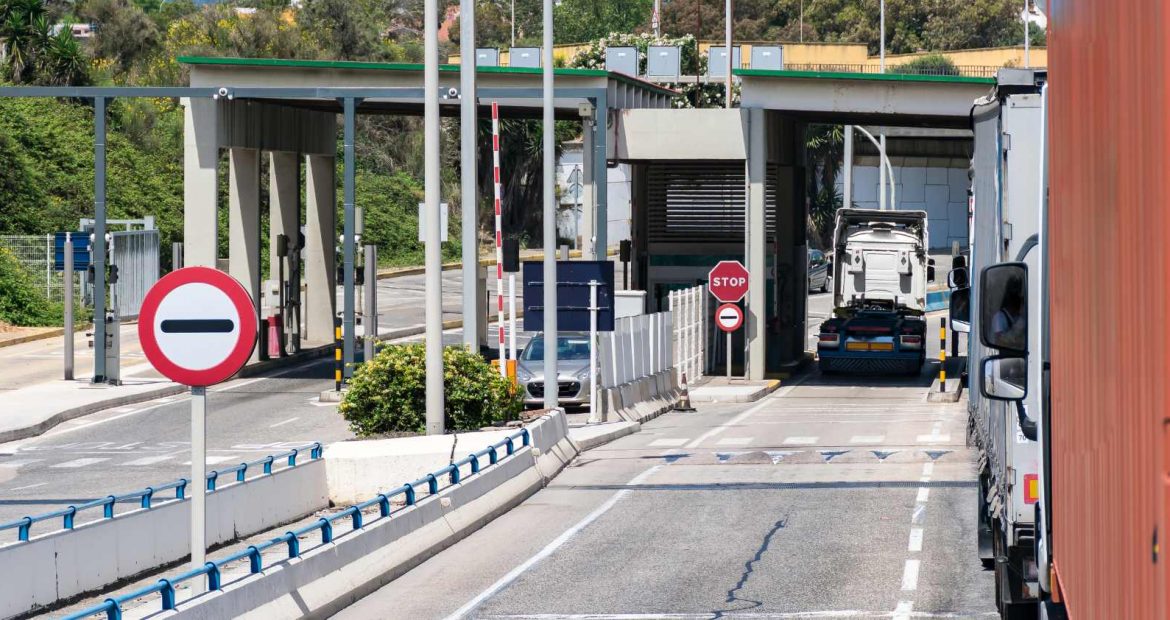Do you want to know what a radiation portal monitor is? Depending on the type of radiation there are different detection methods as well as suitable detectors.
In this article we are going to explain what radiation portal monitors are and when their use is mandatory according to legislation.
Types of radiation and detectors
As we know, radiation is energy that travels in the form of high-speed waves or particles. It can occur naturally or be artificially created by human. There are two types:
– Non-ionizing radiation: includes for example cell phones, microwaves, infrared radiation and visible light.
– Ionizing radiation: ultraviolet radiation, radon, X-rays and gamma rays.
Methods for detecting ionizing radiation depend on many factors. The type of radiation measured and detected is a key factor, and different types of detectors in different physical states (solid, liquid or gas) are used to measure selective types of ionizing radiation.
It is important to distinguish between alpha or beta particles, X-rays and neutrons. As each radiation interacts differently with matter, we cannot use, for example, a neutron detector to detect beta radiation.
Sometimes, however, detectors can detect several types of radiation, for example, neutron detectors can also detect gamma radiation.
In general, detectors can be classified according to sensitive materials and methods that can be used to perform the measurement:
– Gaseous ionization detectors
– Scintillation detectors
– Semiconductor detectors
– Film badges dosimeters
– TLD
Scintillation detectors
Scintillation detectors have historically been one of the most widely used devices in nuclear radiation detection.
They are based on the property of some materials to emit light upon interaction with ionizing radiation.
The materials of interest are those in which light emission is produced immediately by the process called fluorescence.
Radiation portal monitors
A radiation portal monitor is a monitor consisting of several scintillation detectors that are placed in an arc under which vehicles pass to detect the presence of radioactive material. It is used to perform radiological monitoring of large quantities of material.
There are different configurations and capacities in relation to what needs to be monitored, ranging from people, private vehicles, cargo transport, containers, production lines and even railroads.
Applications of radiation portal monitors
These systems are often used, for example, to automatically detect illicit trafficking of radioactive materials and their application is very extensive: airports, seaports, railroad stations, customs and border checkpoints, nuclear plants and other nuclear industry facilities, nuclear waste disposal and storage sites, scrap metal industry, etc.
This equipment has become essential to ensure radiation detection in vehicles and people in transit containing radioactive materials.
They are modular in design and can have one or two-pillar configurations, with height and width adaptable according to customer requirements. The monitors can be equipped with a video surveillance system.
Mandatory Use of radiation portal monitors
According to Royal Decree 451/2020, the use of these detectors is mandatory in Spain for the detection and control of radioactive sources in metal recycling plants.
Companies are obliged to have detection methods for this type of sources to avoid personal and environmental damage and specifically in:
– Foundries processing more than 10,000 MT of scrap metal per year.
– Other companies processing more than 100,000 Tm of scrap per year
– Steel mills
– Companies with shredders or shearing machines with a cutting force of more than 500,000 kg.
If you want to continue reading about radiation detection, check out our blog. On the other hand, if you prefer specialized advice, guidance or have any questions, you can contact us.
In Helgeson we have years of experience in the sector. We will be pleased to help you.

